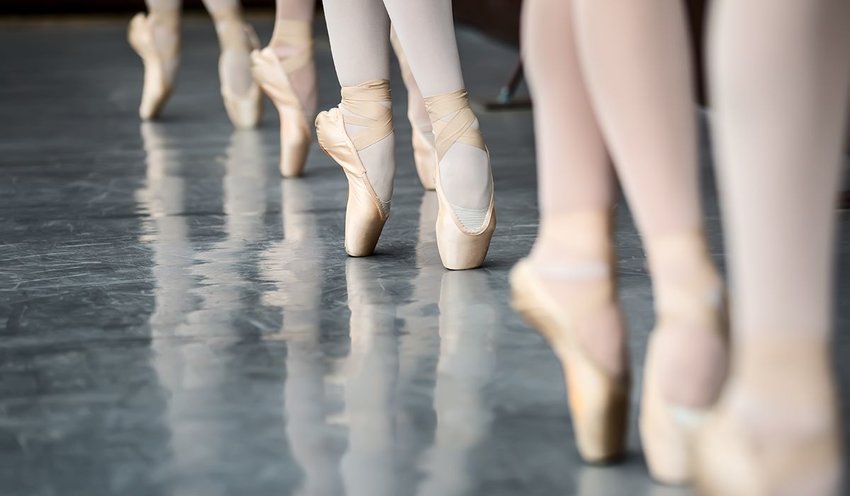Traditionalists may bemoan the ways internet slang is changing language, but the truth is, language evolution is not a 21st-century phenomenon. Thanks to globalization, immigration, and trade between countries, English has expanded due in no small part to loanwords, words that have been borrowed from another language.
Ballet
The word for this classical type of dance is borrowed from French. The noun "ballet" describes the dance itself, and the setting where people watch the dance. “I’m going to the ballet on Saturday.” "Ballet" could also be an adjective, modifying a type of skirt, shoe, or class, for example.
Café
Some words have roots in multiple Romance languages, which mean they share a Latin root. This word is both French and Spanish. It's often used to describe a coffee shop, but being a java (another loanword) connoisseur (and another) isn't required. These establishments usually serve other items — “I’ll meet you at the café for some lunch.”
Chocolate
This word comes from Nahuatl, the language spoken by the Aztecs. The original word was “chocolātl,” meaning a food made from chocolate seeds. "Chocolate" was a drink made with chocolate in the 17th century, but it evolved into any sweet treat made from cacao. Like "ballet" it can function as a noun or adjective.
Delicatessen
In German it's Delikatessen and in Dutch it's delicatessen. In English, the store where you can buy cold cuts, salads, and sandwiches is often shortened to "deli." It's possible the Germans were influenced by the French word délicatesse, meaning "delicateness."
Genre
In French, genre simply means kind or type, but English usually uses the word to describe a specific type of artistic style. “Reggae is my favorite musical genre!”
Gung-ho
In Chinese, gōnghé means to work together. U.S. Marines adopted it as a slogan during the Second World War. The phrase "gung-ho" is used in English to denote when someone is enthusiastic about something. “She’s gung-ho about finishing the project first.”
Karaoke
The direct translation from Japanese means “empty orchestra.” But this popular pastime in countries across the world describes the act of singing along to a favorite song.
Kindergarten
Directly translated from German as “children’s garden,” it’s the name for the year of school before first grade. Don't swap the consonants in this kiddie word. It's kinder, not kid-ner
Macho
This Spanish-language word has a fairly direct translation in English. It describes men who are stereotypically masculine, maybe even buff or stubborn. "MACHO" was adopted in the 1990s as an acronym for a type of low-mass star, or black hole — Massive (Astrophysical) Compact Halo Object.
Patio
This loanword for a roofless outdoor area with a table and some chairs comes from Spanish. “We ate some barbecue on the patio.” In English it commonly describes the outdoor space on the back of a house, but in Spanish it's specifically an inner courtyard. Either way, it's a great place to take a siesta.
Siesta
From the Spanish language, this is another word for nap, usually in the middle of the afternoon. “I usually have a siesta on the patio to recharge." The Spanish word comes from the Latin for "sixth hour."
Origami
The Japanese enjoy a tradition of making figures out of paper, and this soothing hobby (and word) comes from them.
Paparazzi
Paparazzo is the singular and paparazzi is the plural of this Italian word for photographers who stand around for long periods of time trying to catch exposing shots of public figures. It was invented in the 1960s after a character in Fellini's film, La Dolce Vita.
Photo credit: bezikus/ Shutterstock

